Don Carlo, first performed in Paris under the French title Don Carlos in 1867, has never become a popular opera like others by Giuseppe Verdi. The reasons for this are the objective difficulties linked to its length (five hours) and the enormous production costs involved, such as the need for six first-rate singers. No less important are the well-known dramaturgical problems of the score. Although it is undoubtedly one of the composer’s key works and a summit in the evolution of his musical language and dramaturgy, the opera is not free of imbalances, especially in the distribution of the scenes and how the formal structures follow one another throughout the work. Verdi himself was aware of this and was forced to produce five versions in almost twenty years. Among them, the one that undoubtedly best reflects the composer’s typical ideas of conciseness and dramatic validity (although with still evident problems), is the 1884 version in four acts, premiered at the Teatro alla Scala in Italian translation.
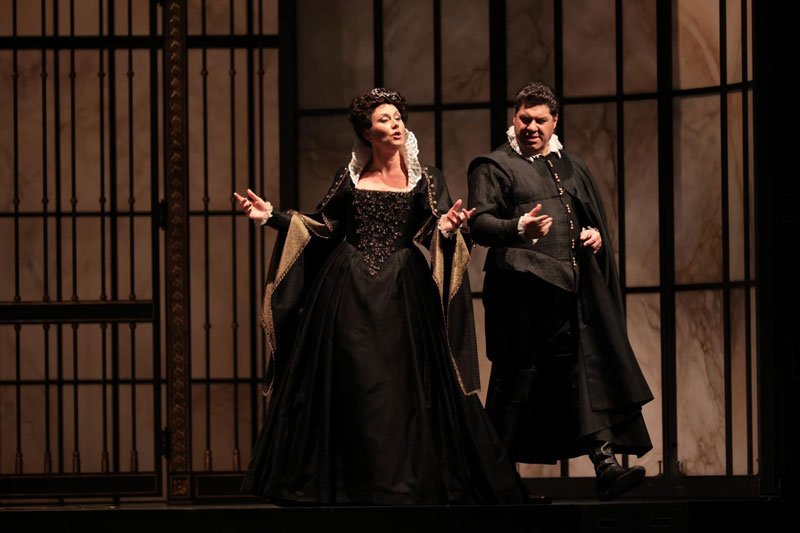
Veronica Simeoni and Luca Salsi in the first act of Don Carlo. ©Brescia e Amisano, Teatro alla Scala.
This reason alone can justify the Teatro alla Scala’s choice of this version for the opening of its new season, as it had already done in 1992, under the impressive direction of Riccardo Muti. The absence of the first act, present in the original version, some adjustments of key scenes, and the elimination of the ballet, undoubtedly give the work a stronger dramatic effectiveness, while maintaining all its innovative musical writing. Nevertheless, it was the umpteenth missed opportunity to see at Scala the original French version in five acts (in the French language), which has never been on the stage of the famous Milanese coliseum.
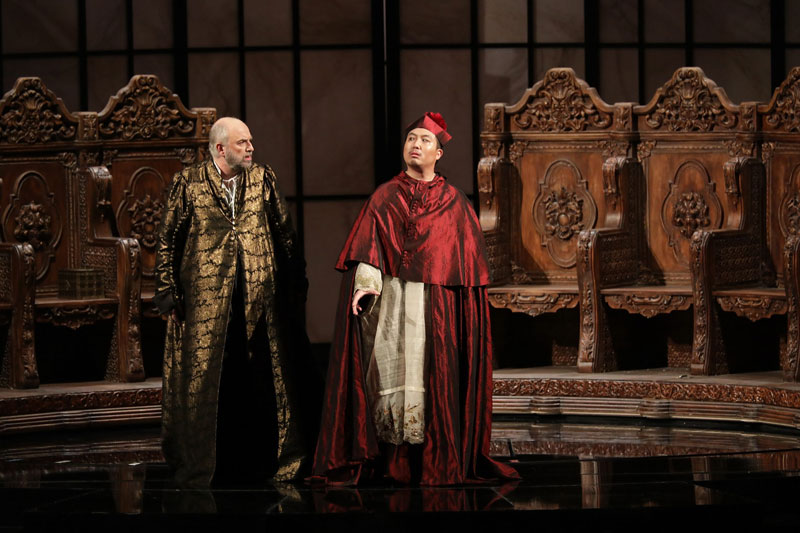
Michele Pertusi and Jongmin Park in the third act of Don Carlo. ©Brescia e Amisano, Teatro alla Scala.
Firm in his decision to present the version in four acts, Riccardo Chailly has managed to offer an impressive interpretation, very successful in terms of the choice of sonorities and the dark orchestral color that this work demands, but somewhat fragile in the dramatic tempi. If on the one hand, the Milanese conductor managed to bring out at all times the subtlety of timbre and elegance of phrasing that dominate certain moments of the score, on the other hand, the orchestra lacked the right scenic gesture to give theatrical force to the different dramatic moments.
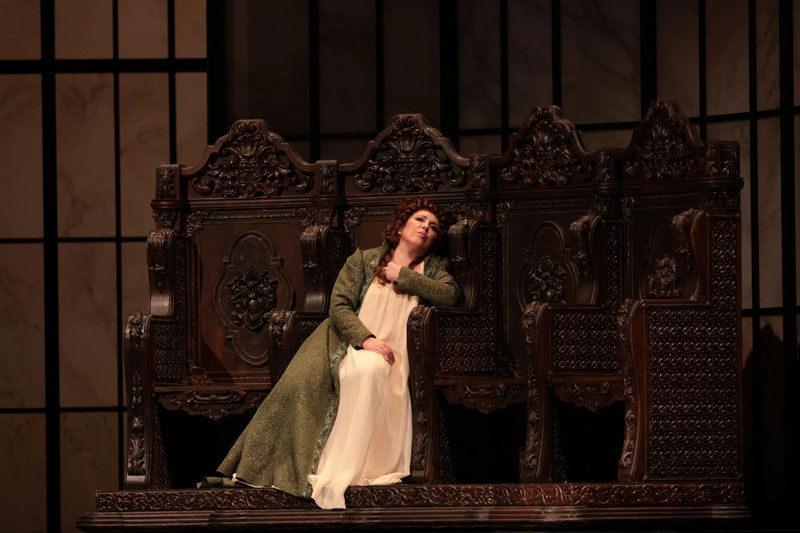
Maria José Siri en el tercer acto de Don Carlo. ©Brescia e Amisano, Teatro alla Scala.
This was even more lacking in Lluís Pasqual‘s staging, very poorly staged (an essential but empty alabaster tower, with movements not at all in keeping with Verdi’s dictum, by Daniel Bianco), but with magnificent black costumes by Franca Squarciapino inspired by Velázquez; the best thing about the show. Under absolutely flat lighting (by Pascual Mérat) Pasqual’s work was predictable and full of strong incongruities between the lyrics of the libretto, the indications in the score, and the generally rather bland acting of the performers.
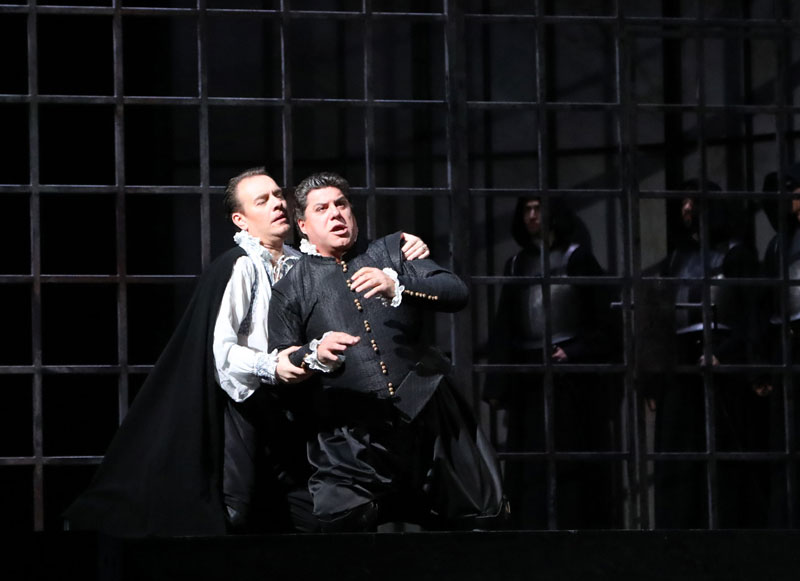
Francesco Meli y Luca Salsi en el tercer acto de Don Carlo. ©Brescia e Amisano, Teatro alla Scala.
The problems of the staging eventually infected the singers as well, all of good quality, but deprived of the possibility of fully displaying their interpretative abilities. Among them, the best were undoubtedly the veteran bass Michele Pertusi, as Philip II, who nevertheless struggled with difficulties in the low and high parts of his voice, Francesco Meli, an excellent Don Carlo (today the tenor of reference for the Verdian repertoire), as well as the baritone Luca Salsi, who played an effective Marquis de Posa, thanks to the necessary expressive intensity that the character demands. The female voices were somewhat less accomplished: Veronica Simeoni’s Eboli (replaced in the last performances by Elina Garanča), despite some difficulties in the treble section, was very incisive in her interpretation and stage presence, while Maria José Siri‘s Elisabet de Valois (in the role which in the 7 December premiere was played by Anna Netrebko) was beautifully voiced, but lacking in interpretative nuances. Barely sufficient and utterly unremarkable on stage was Jongmin Park in the short but pivotal role of the Grand Inquisitor: a Dominican friar and not a cardinal as Pasqual’s staging lent him. Despite the problems noted, at the end of the evening there was equally convincing applause for all the performers, with peaks of appreciation for Luca Salsi, Francesco Meli, and Riccardo Chailly.

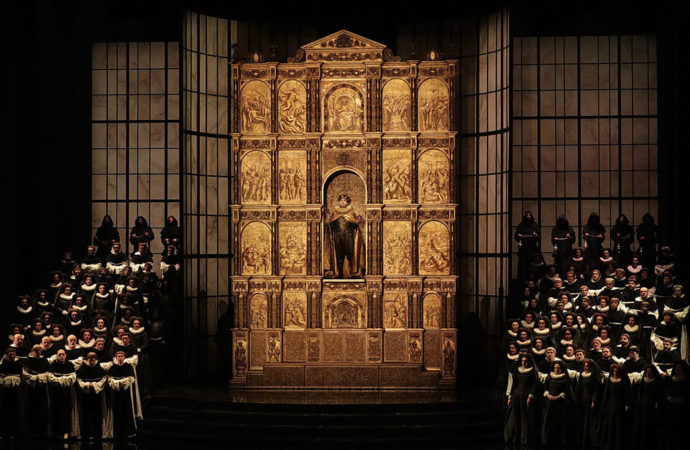
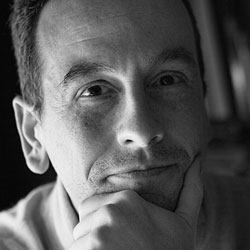
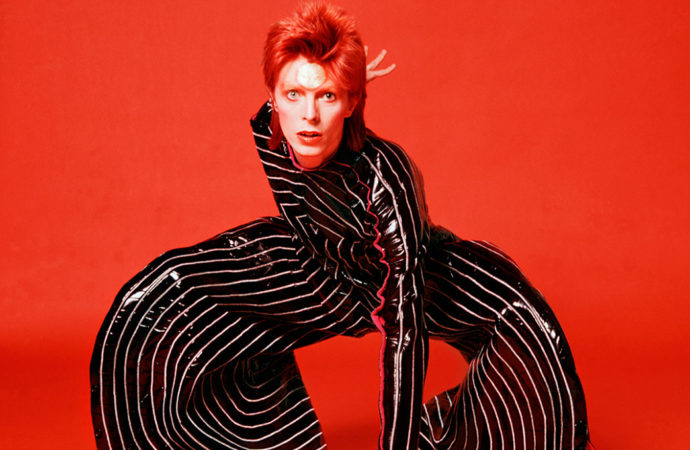

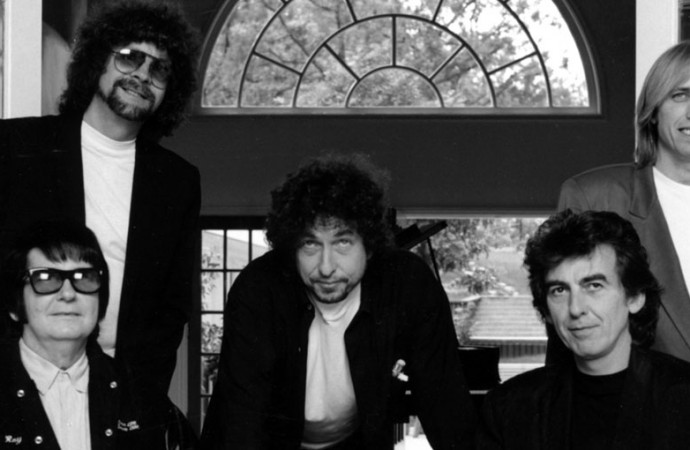
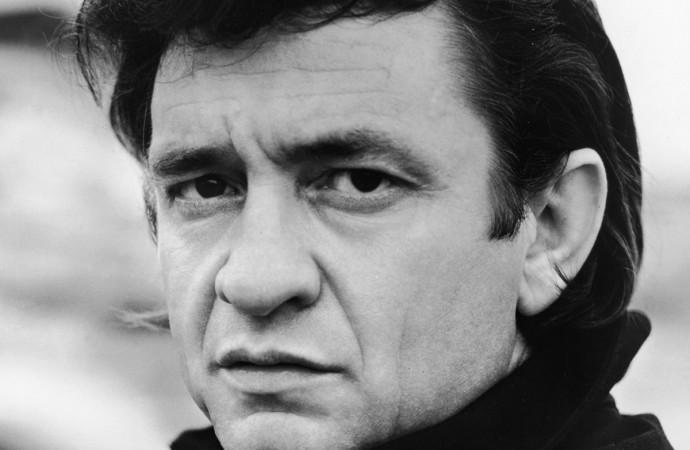
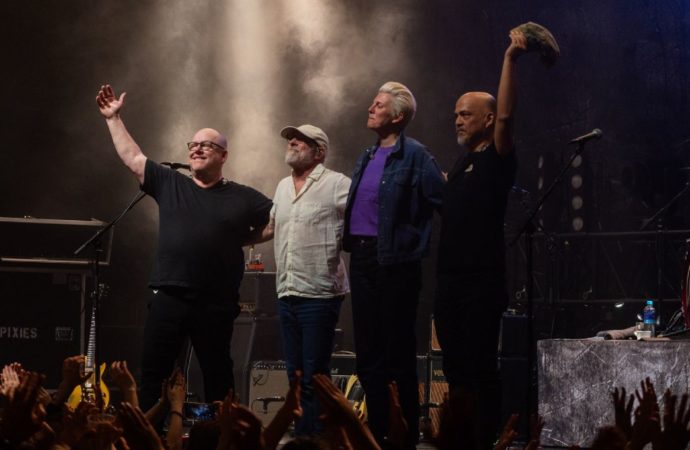
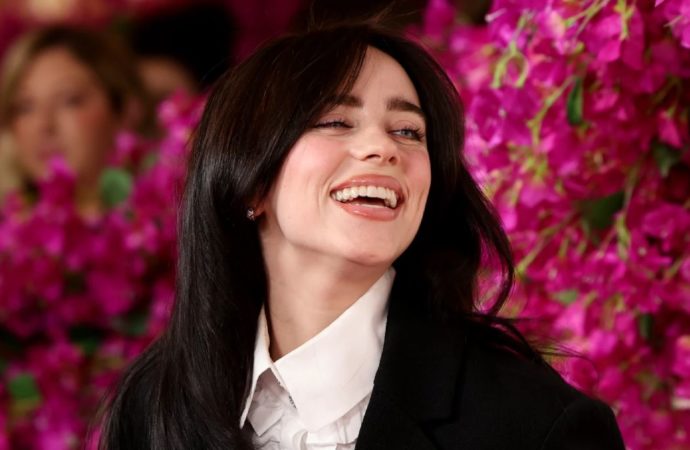
No one has posted any comments yet. Be the first person!